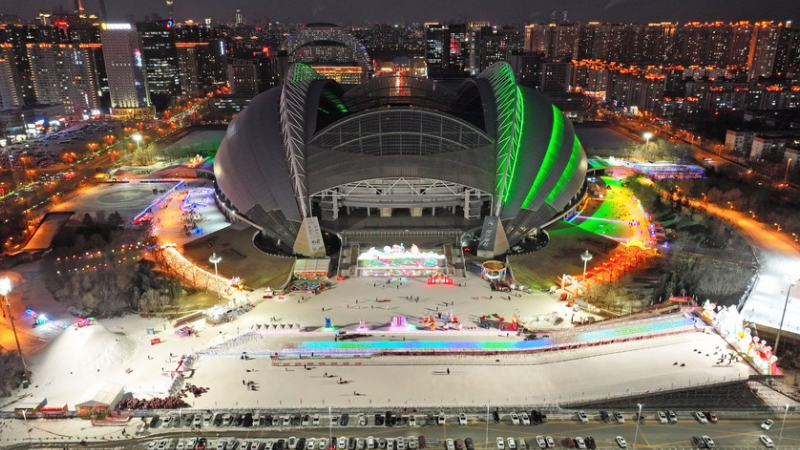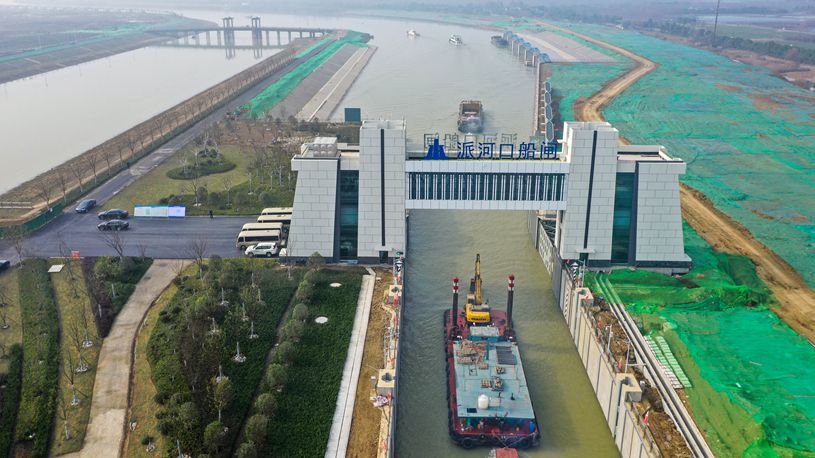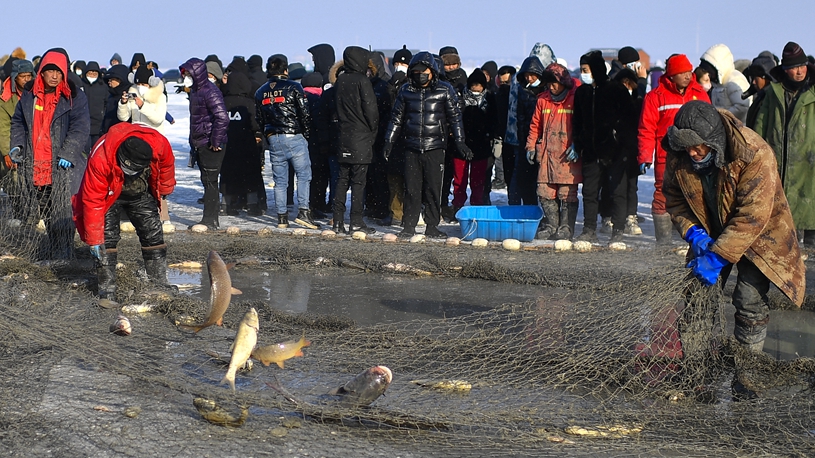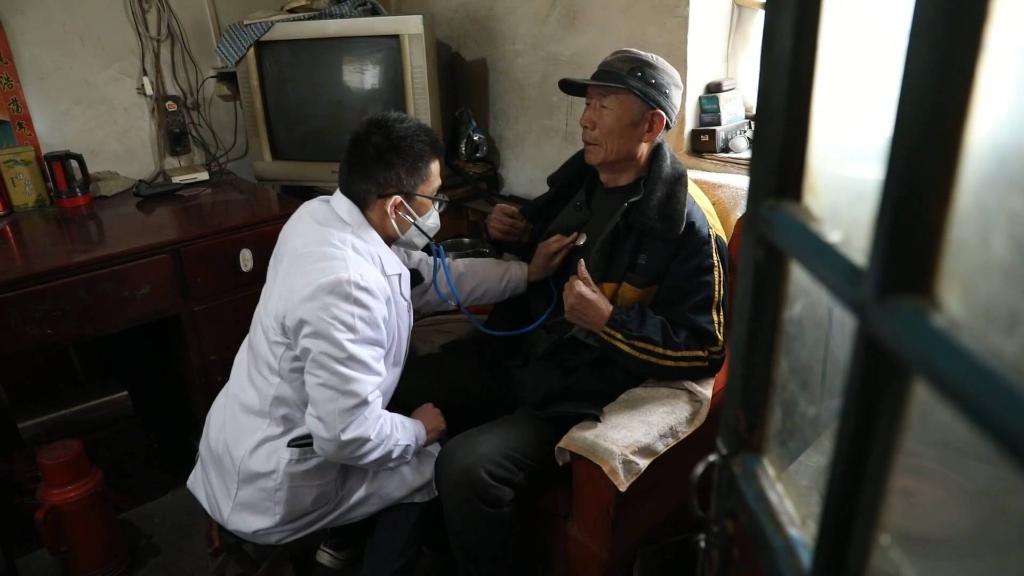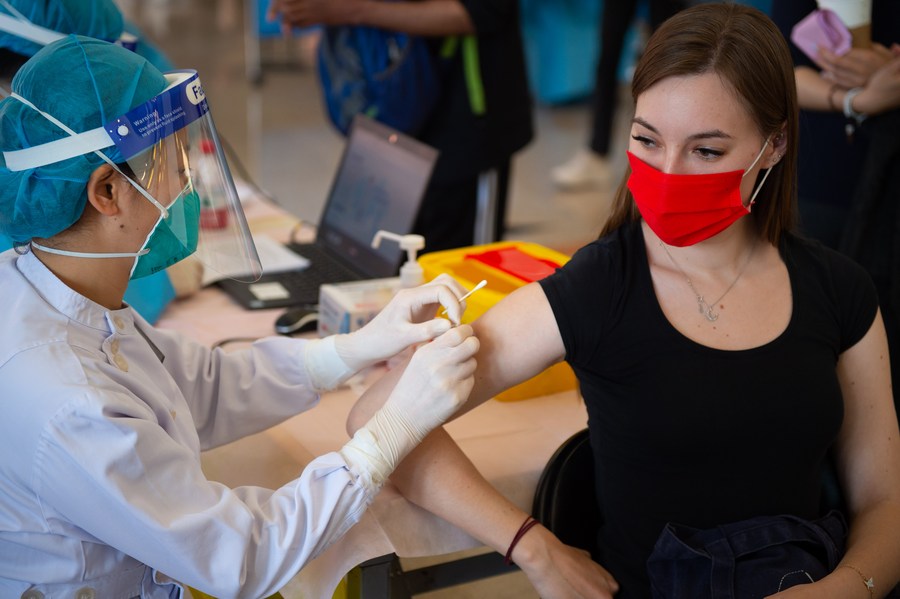
A health worker administers a dose of COVID-19 vaccine to Anna Lujza Honecz from Hungary at a vaccination site in Tsinghua University, Beijing, capital of China, April 3, 2021. (Xinhua/Chen Zhonghao)
With its 90 percent COVID-19 vaccination rate, China's decision to reopen its borders is not irresponsible, he said. In most European countries the same decision was made when the vaccination rate was around 70 percent only.
BUDAPEST, Jan. 4 (Xinhua) -- A Hungarian expert spoke highly of China's reaction to the early stages of the coronavirus pandemic and said he was optimistic about the Chinese government's new anti-COVID measures.
"China reacted well in the early stages of the pandemic, when it stopped the spread of the virus with national lockdowns and mass testing, and began developing its own vaccines," Zoltan Kiszelly, director of the Center of Political Analyses at Hungary's Szazadveg Institute, told Xinhua in a recent interview.
China's health industry made a significant contribution to the global response to COVID-19 by exporting personal protective equipment (face masks, clothing) and syringes, according to Kiszelly.
The delivery from China to Hungary of hundreds of thousands of doses of the Sinopharm COVID-19 vaccine in 2021 greatly contributed to the rapid and mass immunization of the Hungarian population, said the expert.
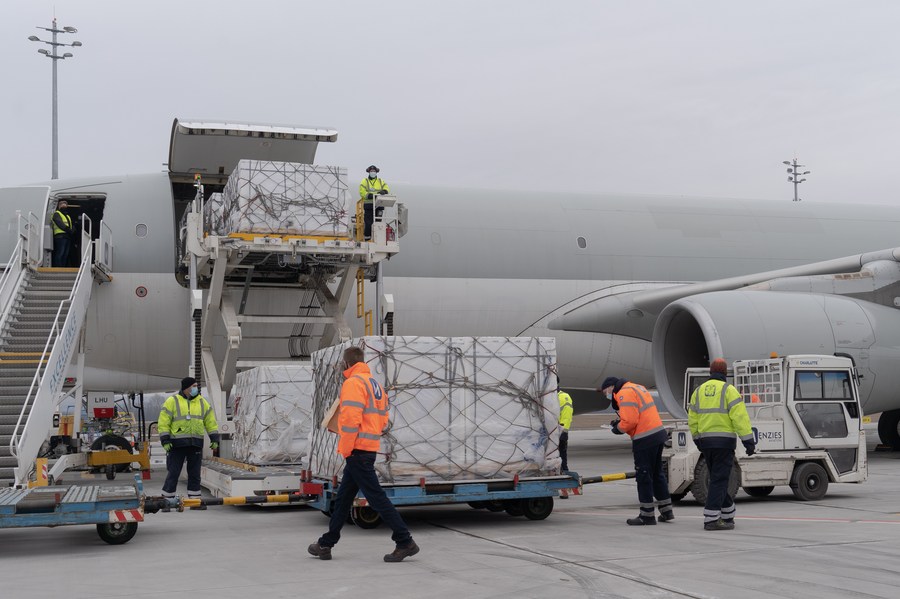
Staff members transfer the first batch of China's Sinopharm COVID-19 vaccine purchased by Hungary at the Liszt Ferenc International Airport in Budapest, Hungary, Feb. 16, 2021. (Photo by Attila Volgyi/Xinhua)
It also helped Hungary to reopen after lifting the lockdown earlier than many other countries of Western Europe, he said.
The expert emphasized that in the early stages of the pandemic, China donated its own vaccine to allied third-world countries, which slowed the spread of the virus and helped the immunization of health workers and critical infrastructure workers.
Kiszelly also praised China for obtaining the World Health Organization's (WHO) authorization for its Sinopharm vaccine, which enabled people to freely travel in Europe.
It would be beneficial if the WHO, China, India, the United States, Russia and the European Medicines Agency (EMA) coordinated their licensing practices, he noted.
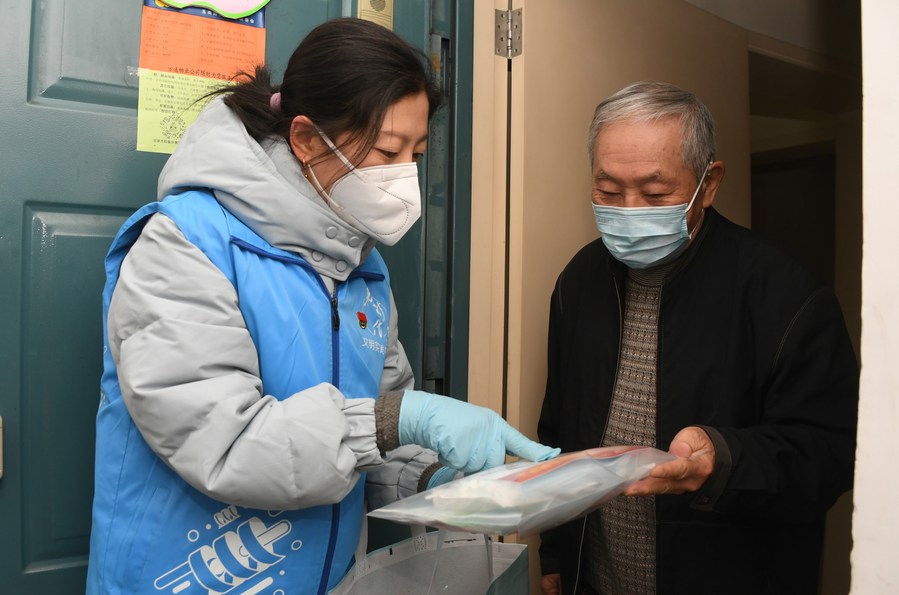
A community worker (L) offers a care package with medicines and COVID-19 prevention materials to a resident in Yangfangdian Subdistrict of Haidian District in Beijing, capital of China, Dec. 27, 2022. (Xinhua/Ren Chao)
With its 90 percent COVID-19 vaccination rate, China's decision to reopen its borders is not irresponsible, he said. In most European countries the same decision was made when the vaccination rate was around 70 percent only.
"I am optimistic about the Chinese government's pandemic prevention and control measures, as China can draw on the experience of other countries and regions, and the organization of the country, the discipline of the Chinese people, and the performance capacity of the Chinese economy provide the necessary tools, logistics and public cooperation for the new phase of the fight against the pandemic," he said.
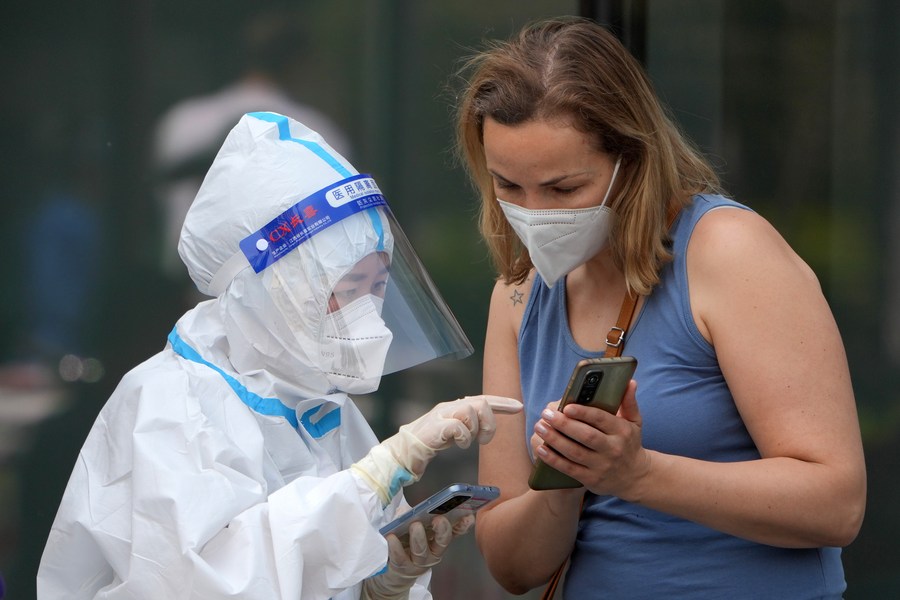
A volunteer helps a foreigner to check identity information at a COVID-19 test site in Chaoyang District, Beijing, capital of China, May 5, 2022. (Xinhua/Ju Huanzong)
"China understood that a complex problem requires a complex solution, and this is an excellent thing because nowadays complex thinking is a rare commodity," another expert, Andras Inotai, former general director of the Institute for World Economics of the Hungarian Academy of Sciences, told Xinhua.
"The pandemic is truly a global challenge for mankind, and I think leaders worldwide should cooperate to address it. They should also rely on the experience of China's 5,000-year-old culture, which has proven its resilience and capacity to adapt to face hard challenges," he said. ■

